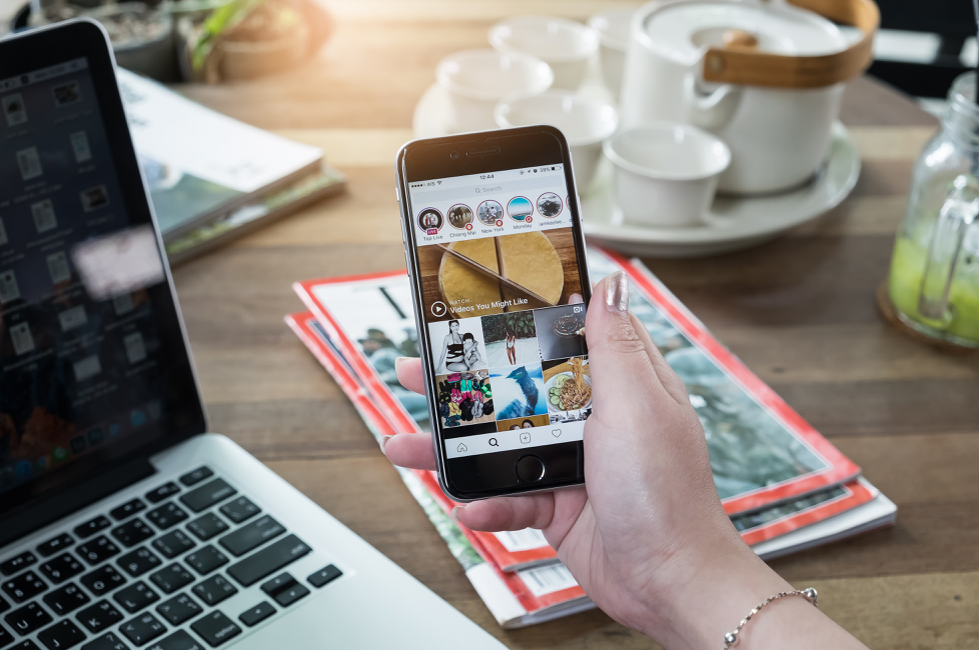People use social media every day, sharing every aspect of their lives. Nothing you post is truly private, which is why revealing too many details can be harmful if you have a personal injury case. No matter how you configure your privacy settings, your information will be admissible in court. This is especially true if you’re filing a lawsuit following a car accident.
Social Media As Evidence of Your Claim
Many car accident victims seek compensation for broken bones, chronic pain, concussions, or even traumatic brain injuries. What you post on social media can contradict your claim, as any car accident attorney in Los Angeles can attest. For example, you file a lawsuit for a broken leg and post images of you skiing, or claim a fractured arm and are seen on Facebook bowling.
Something as innocuous as a check-in can cast your claim into doubt. An injury may have limited your mobility, but if you check in to a gym or exercise class, the defense or their insurance company is going to use that against you. Contradictory posts can ruin your case and any chance of recovering damages.
To sum it up, social media can:
- Contradict your testimony
- Reveal what you’re able to do
- Reveal contradicting witness statements
- Show pictures of you in action
If you can persevere despite an injury, pain, fatigue, depression, or any effect of an accident, the defense will use any evidence as an opportunity to discredit your claim. Defense lawyers and insurance companies now make it a priority to check social media sites such as:
- Facebook: Sharing the details of your accident can strengthen their defense.
- Twitter: Don’t tweet about how you would spend settlement money.
- Instagram: Any picture you share post-accident can be used against you.
Are Social Media Posts Admissible by Law?
Written evidence is admissible in court; social media posts, as electronic communications, are considered written documents under California law. Your statements outside the courtroom are admissible if you’re a party to the case. Social media posts are relevant written statements. Therefore, they are admissible against you, as are the posts of family and friends if they contradict any statements you make.
There’s really no way around the social media trap. The other side will do anything to twist your words and posts, so monitoring your own posts won’t help much. Even if your posts are limited to friends, the defense can obtain information if they have a mutual friend or ask for a voluntary disclosure, which can happen without you knowing it.
Is There Any Way to Protect Myself?
If you’ve suffered a car accident or any personal injury and are filing a lawsuit, be very careful about how you use social media. To protect your case, refrain from:
- Posting anything about the accident or pending case.
- Responding to any comments about the incident.
- Interacting with people you don’t know or trust.
- Posting new pictures/videos of yourself that contradict your claim.
- Accepting new friends unless you know them (private investigators may be trying to get in).
- Posting evidence of you partying or drinking (it may be taken out of context in court).
Los Angeles Personal Injury Attorney
Serving all of California, The Law Offices of Jacob Emrani is experienced helping personal injury clients file lawsuits and obtain compensation. If you’ve been injured in an accident, contact us today for help building a case. Our attorneys are also available to provide advice on gathering evidence and using social media while your settlement is pending.



